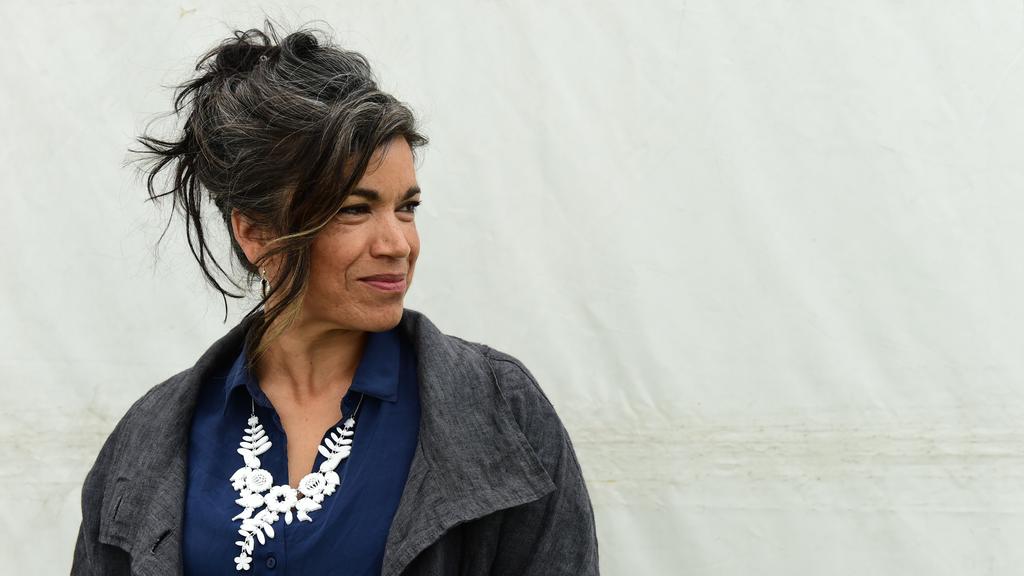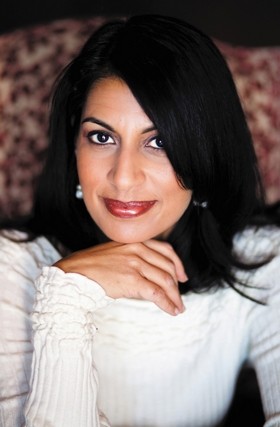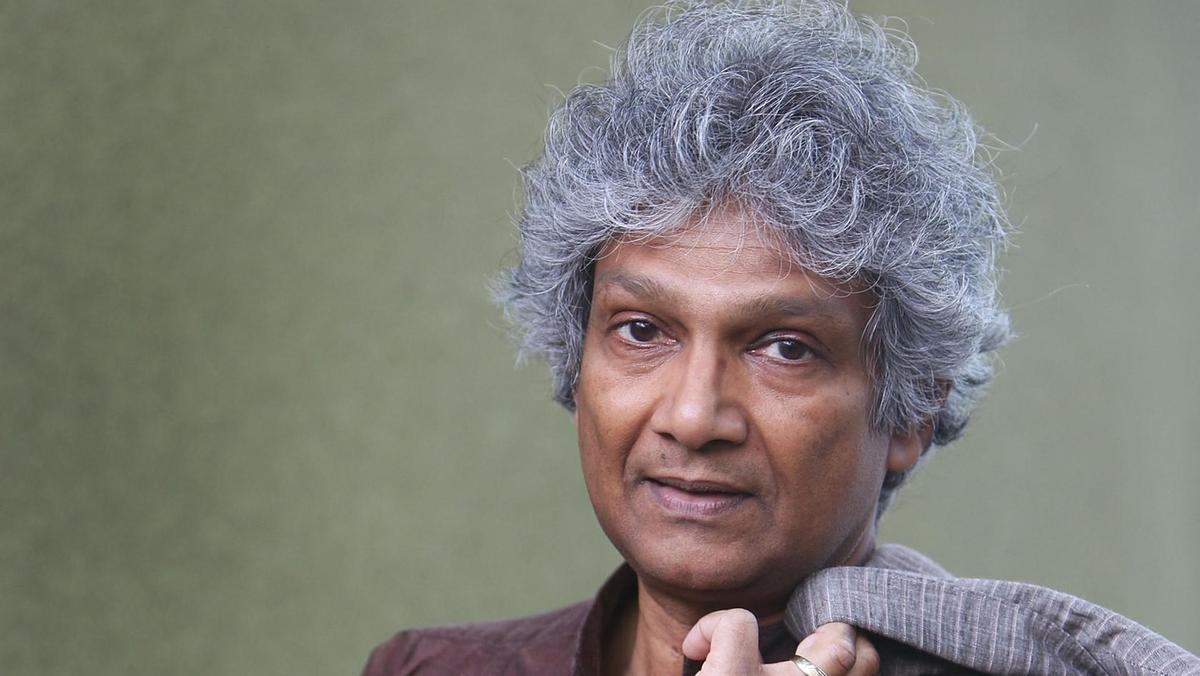“I have been there and, believe me, I have been afraid.” This was how the first African-American Arctic explorer, Matthew Henson, described his expeditions to the North Pole in 1912. It is a feeling novelist Laline Paull can empathise with, for totally different reasons.
During her trip to the Arctic, which became the inspiration for her fascinating new novel, Paull’s paralysing fear came from the obvious effects of climate change. “We’ve gone out and explored – ‘conquered nature’, so to speak – but to the point where we’re now having to struggle to save it,” she says.
The Ice is Paull’s follow-up to The Bees. Her successful debut novel, set in a beehive, ended up being dubbed “Watership Down for The Hunger Games generation”, earning acclaim and literary awards.
But the long journey to the frozen north, and her new novel, began before The Bees had even been picked up by a publisher.
“There had been no emails from agents,” she says. “The children all had norovirus and I’d been up all night. So there I was, sitting at the kitchen table thinking, ‘I’m going to have to do something exciting’. And there was suddenly this strange, impulsive feeling that I just had to go to the Arctic.”
In her novel, which is set “the day after tomorrow”, the Arctic summer sea ice has completely melted, opening up this new location to big business.
Sean Cawson is a lonely millionaire who, with his best friend, environmentalist Tom Harding, sets up an exclusive Arctic retreat, Midgard Lodge, where the world’s biggest corporate players can relax and do deals.
Sean returns to the Arctic after Tom’s death in an accident at Midgard and must fight to save his fortune, reputation and, most importantly, his sense of self-worth.
A story of “friendship and betrayal, greed and love”, this could be set just about anywhere. But the chilly environment adds a strange, magical quality – and it will not be lost on readers that, as with her first book, Paull makes some interesting and urgent arguments about the way we treat our planet.
“The Arctic is an amazing place, unlike anywhere I’ve ever been,” says the author, the British daughter of Indian immigrants.
“You walk over the cairns where people mark the dead. There are whaling carcasses everywhere. The grandeur, the starkness and the otherworldliness of the Arctic, combined with its history and stories, is incredible.
“Then you have the ice melting, and you’re thinking about climate change and the new politics of that region. So all this was churning in my mind and I knew I had to find a story in there – it’s a compelling, beautiful and imperilled place.”
The first story she considered was about polar bears, because “well, I’d done bees and I’d heard that the investigation into the killing of a polar bear is actually taken more seriously than human murder”.
But as she started her research, the geopolitics of the region and what might happen to the Arctic became increasingly interesting. The Ice became a cautionary tale of a man who has a huge psychological and financial stake in the Arctic.
It is being sold as a literary, political, even legal thriller – but Paull isn’t convinced any of those descriptions are entirely accurate.
“I think it’s a character study at heart,” she says. “I’ve been really influenced by big Victorian novels where a lot goes on but the biggest thing is that you’re close to somebody who is in turmoil and changing in some way. Sean isn’t terribly likeable, but he is empathetic.
“It was about exploring that sense of seeing a friend do something dreadful and not being able to stop them. Some mistakes you make in a lifetime don’t go away, and I wanted to write about someone on that edge.”
The truth Sean sees in the world is summed up in one line: “He worked out the answer to the question he’d always pondered, about fairness and beauty and ugliness and justice. It was wealth”.
“He doesn’t have anyone around him to widen his vision, and he makes wealth his religion,” says Paull.
“That might sound awful but I think most people don’t intend to become like that. It’s incremental, it’s insidious – money can be a seduction to morality, it makes you lose your compass.”
In a book that features excerpts from Henson and other early-20th century Arctic explorers, does The Ice even have a hero?
“That’s a really good question,” she says. “The heroes are the people who have the strength to change. I believe people are fundamentally good and that everyone has done something they would rather undo. So I wanted Sean to win – but to do so he has to be prepared to be honest with himself.”
This question of honesty runs to the heart of Paull’s feelings about the Arctic. There is little dispute among scientists that the summer sea ice will be gone by 2030. She hopes this will finally usher in a new era of environmental pragmatism.
“We can’t have goodies and baddies in this debate, and it doesn’t help to tell a story where all business is bad and all environmentalists are saints,” she adds. “Survival of the planet is the most important thing.”


